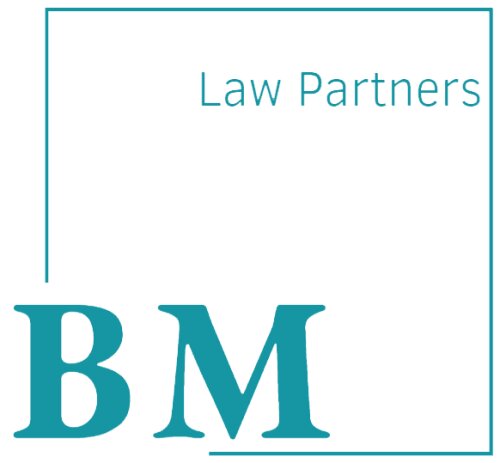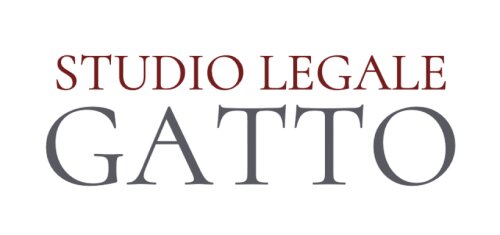Best Bail Bond Service Lawyers in Milan
Share your needs with us, get contacted by law firms.
Free. Takes 2 min.
List of the best lawyers in Milan, Italy
About Bail Bond Service Law in Milan, Italy
Bail bond services as understood in the United States and some other countries are not a common practice in Italy because the Italian legal system does not operate exactly the same way. In Italy, including Milan, bail is referred to as 'cauzione', which is a sum of money that a suspect or defendant might be ordered to pay as a guarantee that they will comply with the legal process, such as ensuring their appearance at trial. The Italian legal system is based on Roman law and later continental European legal systems, so it may differ significantly from Anglo-American systems in its approach to bail and pre-trial detention.
Why You May Need a Lawyer
Legal assistance is crucial when you or someone you know is involved in criminal proceedings and faces the issue of bail or pre-trial detention. A lawyer can help in situations where one has been arrested and is awaiting a bail hearing, needs to understand the conditions of bail, wants to appeal a decision related to bail or cauzione, or needs to negotiate the amount. Additionally, lawyers can assist in understanding the rights of the accused and ensuring that they are upheld throughout the legal process.
Local Laws Overview
In Milan, and throughout Italy, local laws regarding bail bond services are embedded within the Italian penal code and criminal procedure. Key aspects include the following: bail is a financial guarantee set by a judge that allows for the temporary release of an accused person awaiting trial; the amount of bail is set according to the severity of the alleged offense, the risk of flight, and the defendant's assets; bail terms can also include certain restrictions like surrendering passports, and it must be paid in full, often in cash; and failing to comply with bail conditions can result in re-arrest and forfeiture of the bail amount. Understanding these local laws and how they apply to individual cases is where a lawyer becomes essential.
Frequently Asked Questions
What is 'cauzione' in the context of Milan's legal system?
'Cauzione' is the Italian term for bail, which refers to a sum of money needed to ensure the defendant's compliance with the legal process, such as appearing at trial when required.
Is there a bail bondsman system in Milan?
Italy does not have a bail bondsman system similar to the one in the United States. Therefore, there are no commercial bail bond services in Milan; bail usually has to be paid directly by the defendant or their supporters.
How is the amount of bail determined in Milan?
The amount of bail in Milan is determined by a judge and is based on various factors including the severity of the crime, the likelihood of the defendant fleeing, and their financial status.
Can a bail amount be contested or appealed?
Yes, the defendant's lawyer can appeal the bail amount if it is believed to be excessively high or if there are significant changes in circumstances.
What happens if the defendant cannot afford bail?
If the defendant cannot afford to pay the bail amount, they will likely remain in custody until the trial or until their lawyer can negotiate a reduction or other conditions for release with the court.
Are there any restrictions on what a defendant can do while out on bail?
There may be specific conditions imposed upon the release of a defendant on bail, such as travel restrictions, regular check-ins with law enforcement, or limitations on contacting certain individuals.
What occurs if a defendant fails to appear in court while on bail?
If a defendant does not appear in court as required, they risk arrest and may forfeit the bail amount paid.
Does Milan accept property or other assets as bail?
While cash is most commonly used to pay bail, the court may accept other forms of guarantees such as property deeds, depending on the case and the judge's decision.
Does a foreign national have the same rights regarding bail as an Italian citizen?
Foreign nationals are subject to the same legal procedures regarding bail as Italian citizens, but flight risk and legal status in Italy may be factored into the bail decision.
Can a lawyer help in reducing the bail amount?
A skilled lawyer can present arguments and evidence to the court in an attempt to reduce the bail amount or seek alternative release conditions.
Additional Resources
For those seeking further information or assistance, it might be beneficial to get in touch with local legal aid organizations or the Milan Bar Association, which can provide referrals to experienced criminal lawyers specializing in matters of bail and pre-trial detention. Additionally, the Italian Ministry of Justice provides resources and information about the legal system which could be useful for understanding bail procedures.
Next Steps
If you require legal assistance in matters of bail bond service in Milan, the first step is to consult with a qualified criminal lawyer who is knowledgeable about the local laws and can guide you through the process. They can offer advice on your specific case, aid in the bail hearing, and work on your behalf to ensure the best possible outcome. It is important to act promptly, particularly when the issues involve criminal charges and potential detention.
Lawzana helps you find the best lawyers and law firms in Milan through a curated and pre-screened list of qualified legal professionals. Our platform offers rankings and detailed profiles of attorneys and law firms, allowing you to compare based on practice areas, including Bail Bond Service, experience, and client feedback.
Each profile includes a description of the firm's areas of practice, client reviews, team members and partners, year of establishment, spoken languages, office locations, contact information, social media presence, and any published articles or resources. Most firms on our platform speak English and are experienced in both local and international legal matters.
Get a quote from top-rated law firms in Milan, Italy — quickly, securely, and without unnecessary hassle.
Disclaimer:
The information provided on this page is for general informational purposes only and does not constitute legal advice. While we strive to ensure the accuracy and relevance of the content, legal information may change over time, and interpretations of the law can vary. You should always consult with a qualified legal professional for advice specific to your situation.
We disclaim all liability for actions taken or not taken based on the content of this page. If you believe any information is incorrect or outdated, please contact us, and we will review and update it where appropriate.













